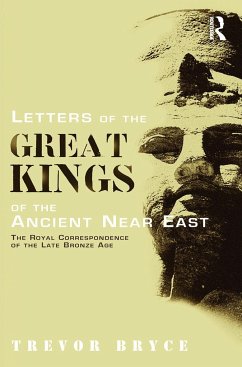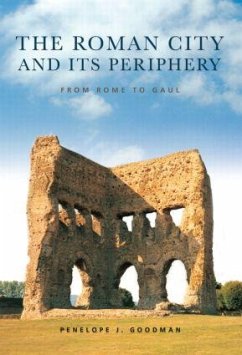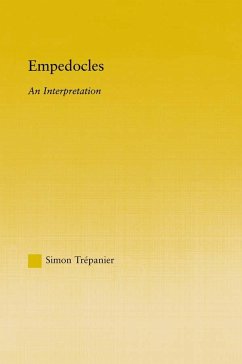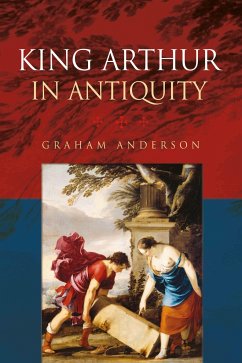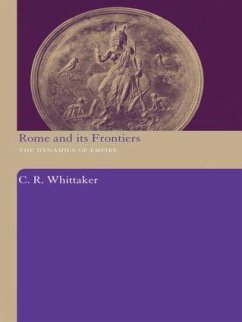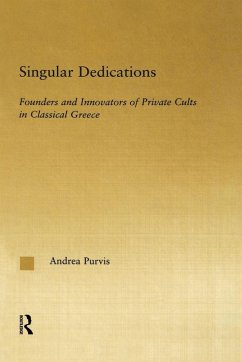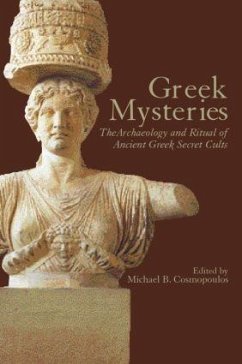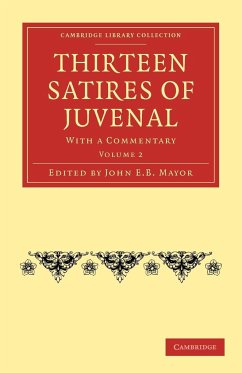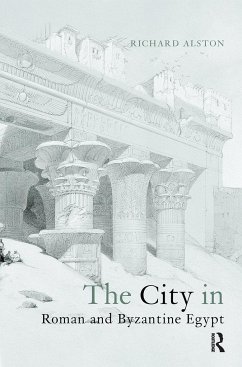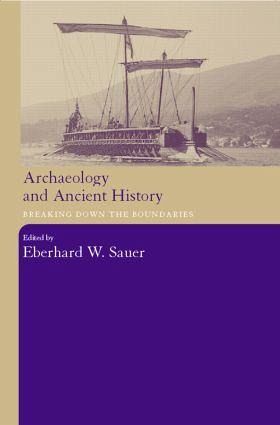
Archaeology and Ancient History
Breaking Down the Boundaries
Herausgeber: Sauer, Eberhard W.
Versandkostenfrei!
Versandfertig in 1-2 Wochen
52,99 €
inkl. MwSt.
Weitere Ausgaben:

PAYBACK Punkte
26 °P sammeln!
Challenging both traditional and fashionable theories, this collection of pieces from an international range of contributors explores the separation of the human past into history, archaeology and their related sub-disciplines. Each case study challenges the validity of this separation and asks how we can move to a more holistic approach in the study of the relationship between history and archaeology. While the focus is on the ancient world, particularly Greece and Rome, rhe lessons learnded in this book make it an essential addition to all studies of history and archaeology.





